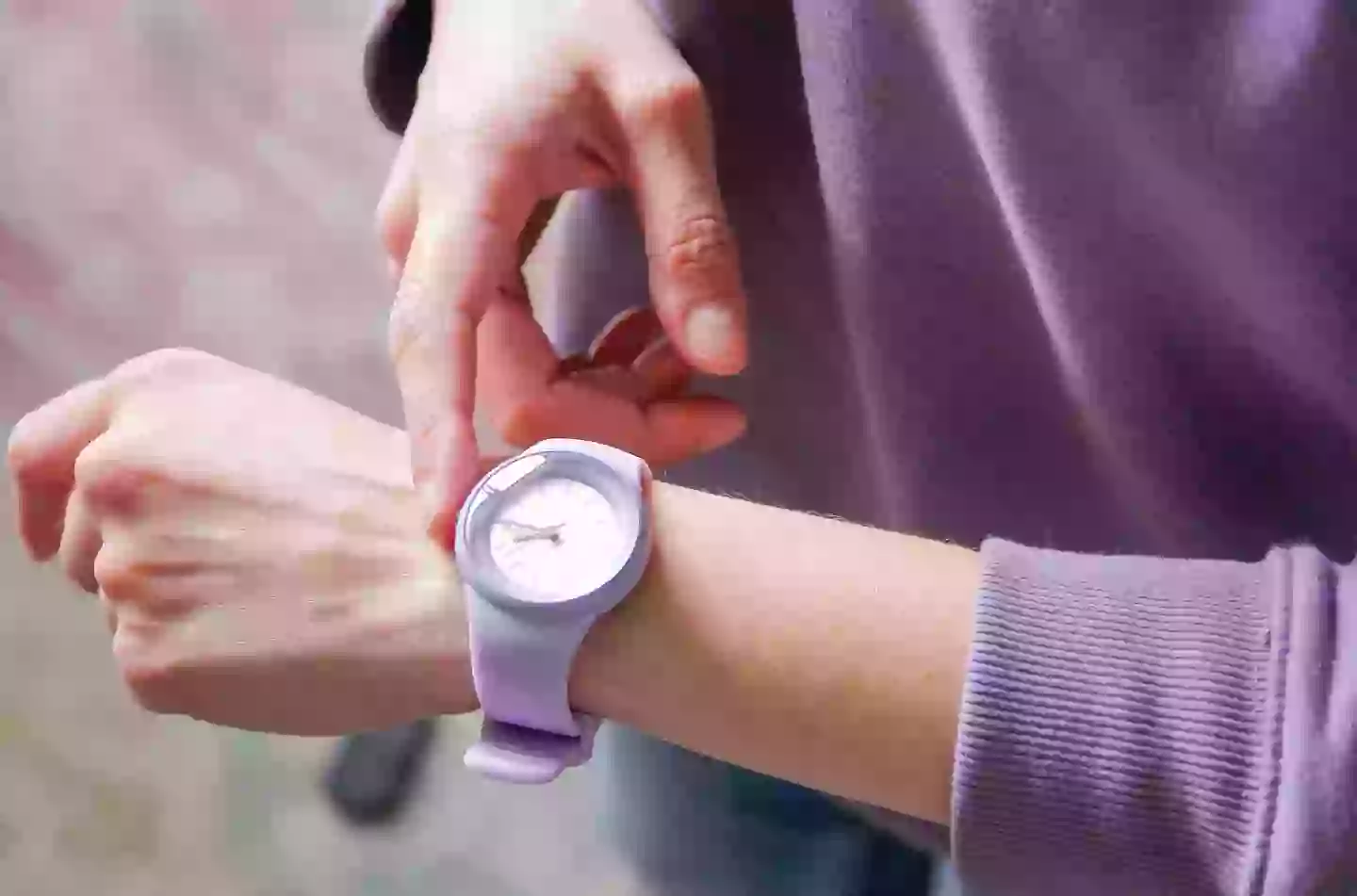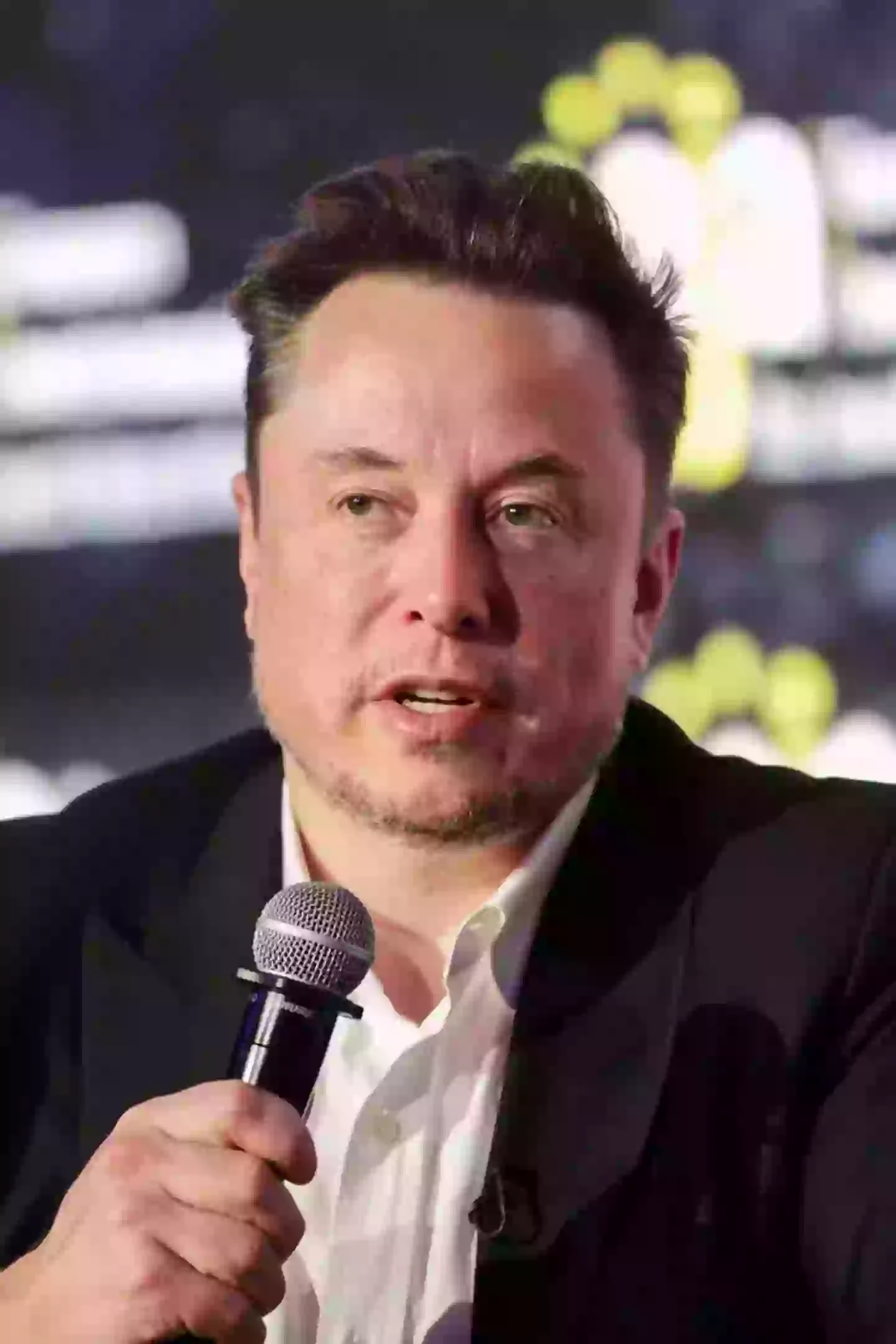
Remembering to change the clocks twice a year is a thing our society has been following since the start of time (literally).
For a couple of nights in the year, celebrating an extra hour of sleep in autumn or complaining about losing one in the spring.
However, the bi-yearly change has been linked to increased car crashes, heart attacks, workplace accidents and weight gain.
Now stepping in as President Donald Trump's right-hand man, Elon Musk says he wants to put an end to daylight savings time (DST).
Advert
"Looks like people want to abolish the annoying time changes!" the Tesla CEO wrote on his social media platform X, responding to a poll suggesting public support for scrapping DST.
While Musk’s posts don’t make laws, his growing influence is hard to ignore.
As co-leader of Trump’s new budgetary advisory panel alongside Vivek Ramaswamy (who also supports the idea), Musk might just have the clout to push this through.

Advert
Musk and ex-presidential candidate Ramaswamy have been assigned to head up the Department of Government Efficiency (DOGE).
Despite common belief, daylight saving time in the US was never about farmers.
According to The Independent, the practice dates back centuries - to the beginning of the clock - with the Romans adjusting clocks to better align with seasonal sunlight.
Modern DST began as a fuel-saving measure during World War I, adopted by Germany in 1916 and the US in 1918.
Advert
Post-war, the rationale for DST shifted but remained on the idea that we should set our clocks to give people as much daylight as possible.
In 1966, DST was standardised across the country and businesses had a big influence on making it happen. Industries like retail and fast food pushed for it, as the longer people were out shopping and dining out, the higher the business profits.

On the other hand, others are suggesting that DST does more harm than good.
Advert
Studies show that the twice-yearly clock changes disrupt sleep patterns, mess with circadian rhythms, and even increase health risks like heart attacks by as much as 10%, said The Independent.
Musk and Ramaswamy haven’t clarified whether they’d push to end DST entirely yet.
Both options come with logistical and political hurdles, but the general idea is likely to be received well by a public tired of clock changes.
If Musk’s team decides to push for this, it could easily become one of their most popular policies - and a lot less controversial than people would expect from the billionaire.